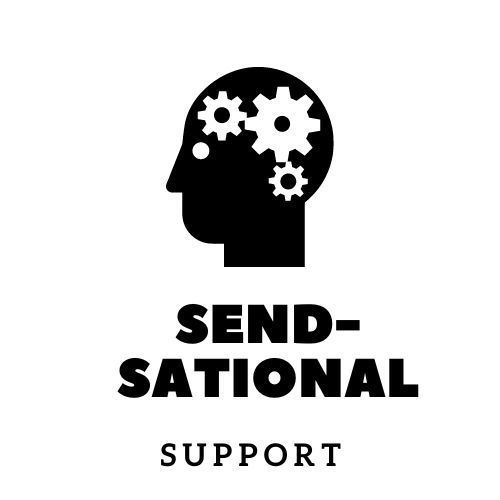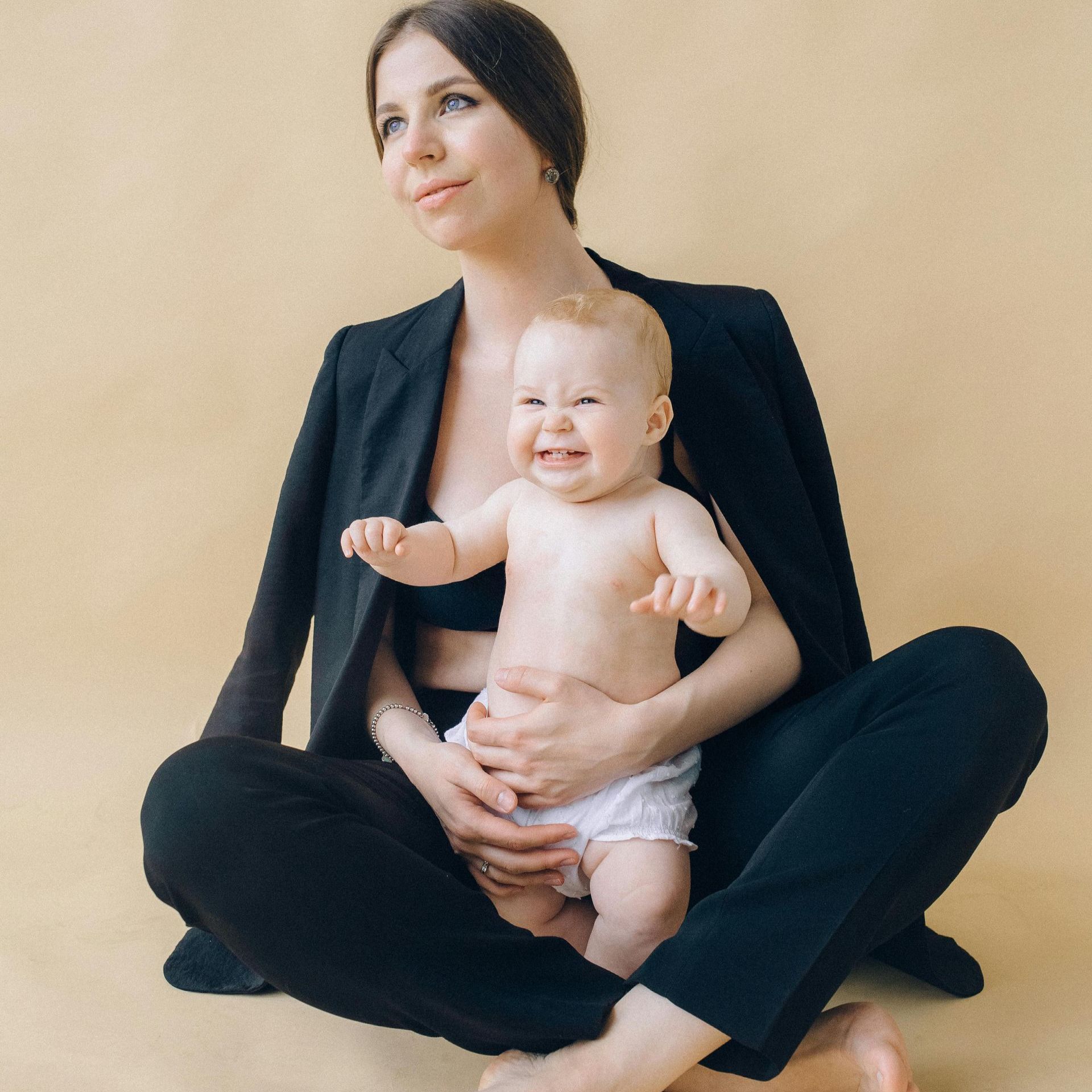How to Make Inclusion More Than an Aspiration
More than Words
Inclusion in early years education is a topic that has garnered much attention in recent years. It's discussed in policy documents, training seminars, and educational conferences, often portrayed as a noble goal that all educators should aspire to achieve. However, as early years professionals, we must acknowledge that inclusion is not merely a goal to be discussed; it is a commitment to be lived and practiced every day.
The Power of Action
Inclusion, at its core, is about embracing diversity and ensuring that every child, regardless of their abilities or background, feels valued and included in the learning environment. While talking about the importance of inclusion is a vital starting point, it's the actions we take that truly define our commitment to this principle.
Actions, in the context of inclusion, encompass a wide range of practices and decisions that impact the daily experiences of children with special educational needs (SEN) and their families.
These actions include:
- Adapting the Curriculum: Inclusion means tailoring our curriculum to meet the individual needs of every child. It involves going beyond theoretical discussions and actively designing lessons that are accessible and engaging for all learners.
- Creating an Inclusive Environment: An inclusive environment goes beyond physical accessibility. It's about fostering an atmosphere where every child feels safe, respected, and encouraged to participate.
- Collaborating with Families: Inclusion requires open and collaborative partnerships with parents and caregivers. Actions such as regular communication, involving parents in decision-making, and seeking their insights are crucial.
- Professional Development: Educators must actively seek opportunities for professional growth in the realm of inclusion. Attending workshops, learning about new strategies, and applying this knowledge in the classroom are actions that make a difference.
- Advocacy: Speaking up for the rights and needs of children with SEN is an essential action for inclusion. Advocacy extends beyond the classroom and involves advocating for policy changes and better support systems.
- Embracing Diversity: Celebrating and acknowledging diversity is an ongoing action. It involves exposing children to different cultures, abilities, and perspectives through literature, activities, and discussions.
Walking the Talk
It's easy to discuss the principles of inclusion in theory, but true inclusion requires commitment, effort, and the courage to challenge biases and stereotypes. As early years educators, our actions serve as powerful role models for the children in our care. They observe how we treat their peers with SEN, how we adapt our teaching methods, and how we foster a sense of belonging.
Inclusion should not be a distant goal or a checklist to complete; it should be a daily practice. It's about ensuring that every child feels heard, valued, and supported. So, let us remember that while words have their place in promoting inclusion, it's the actions we take that truly make a difference in the lives of the children we serve. Let our actions be a testament to our commitment to inclusion, making our early years settings truly inclusive and welcoming for all.
Children first.











